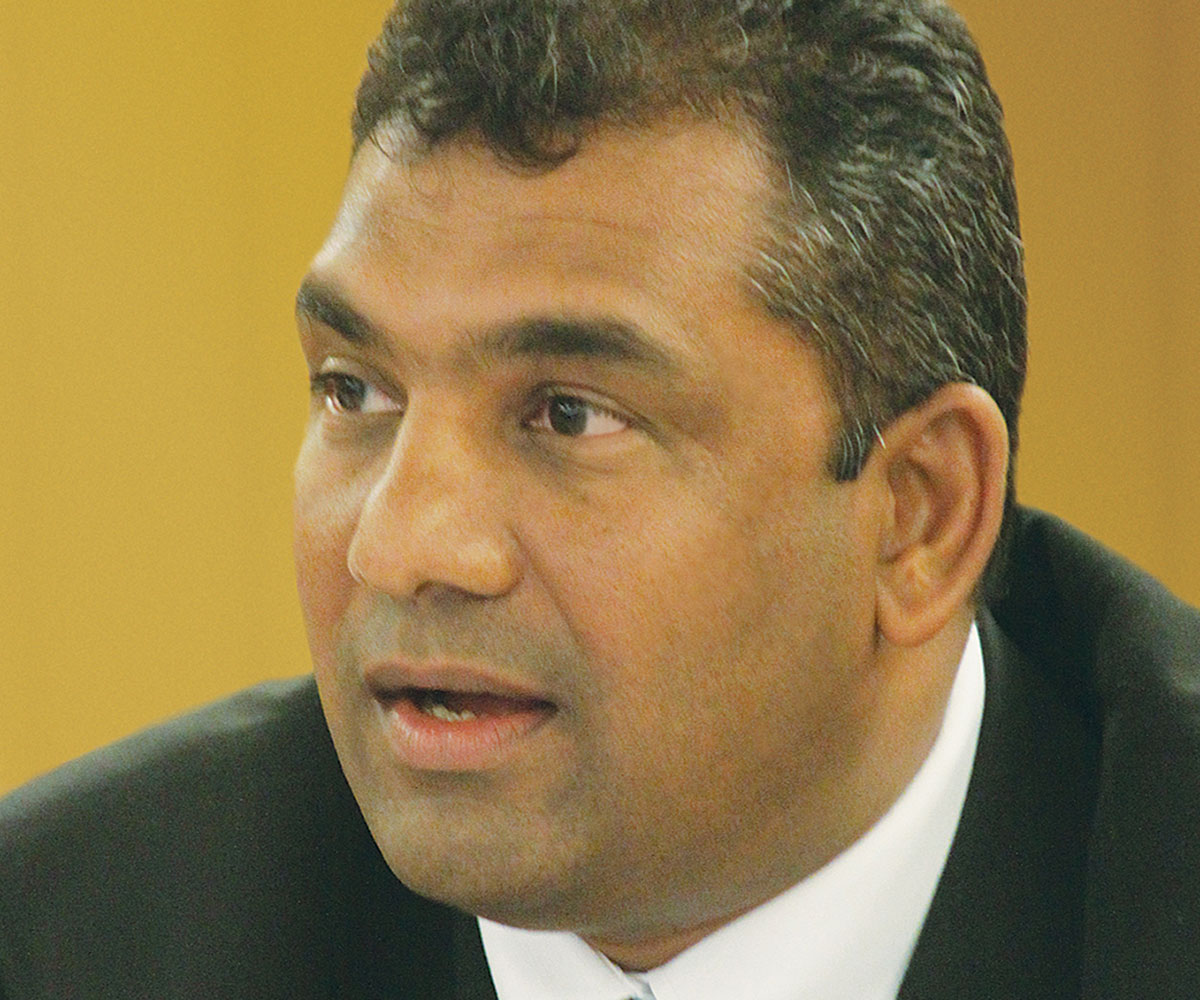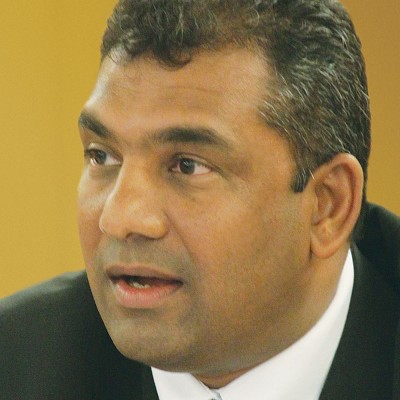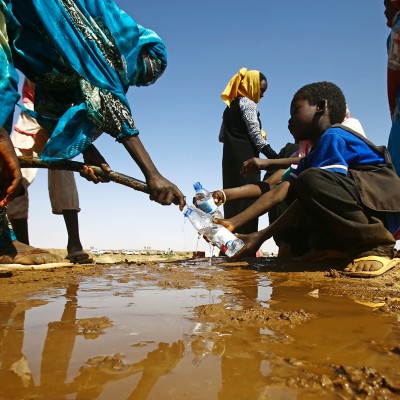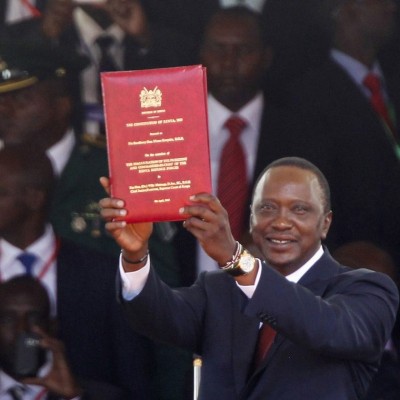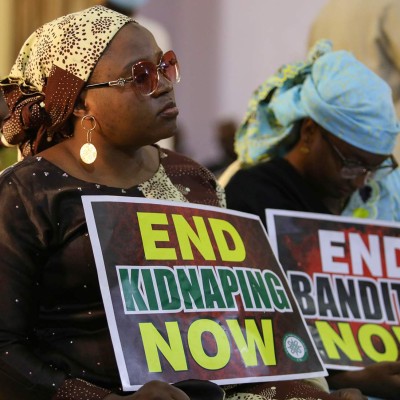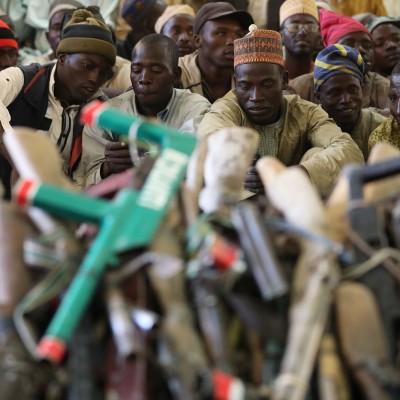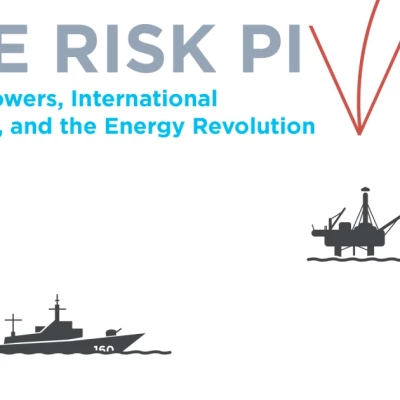On 24 February 2022, war erupted between Russia and Ukraine following unresolved tensions since 2014. This war will likely involve a combination of “weapons” never before used in combat. The conventional nature of war, while remaining largely in its traditional mould, does today include a vast array of new generation weapons such as the now-famous anti-tank missile that can be operated by a single soldier and consequently is very appropriately named the javelin. We are teetering on the brink of a nuclear war, with more sophisticated delivery systems being introduced whose speed and destruction will be catastrophic for the world.
In addition, we are witnessing an unprecedented, large-scale economic war through a range of sanctions. Energy is now at the centre as a weapon of war. These measures will have far-reaching consequences for the current geopolitical and economic global order and will impact the evolution of a new world order in significant ways.
Technology is changing the face of war. While the major powers are fully engaged in cyber warfare, we are also witnessing, in real-time, the power that technology has put in the hands of individuals. Hackers are independently and in collusion with governments waging a new form of asymmetrical warfare. The International Space Station, a collaborative effort of all the major powers, is in danger of being attacked, signifying the end of global cooperation and the beginning of space wars.
While a combination of 21st century technological inventions and innovations is changing the nature and intensity of war, there are still many constants. The faces of the victims remain the same. They are children, women, and men. Sexual violence as a weapon of war continues unabated. The protection of humanitarian corridors and guarantees for the safe transport of much-needed food and medicines are still the subject of long negotiations, while people continue to starve and perish. Homes, places of employment, places of worship, and culturally-significant buildings are destroyed in a matter of minutes. In short, while technology has changed the nature of war, it has not impacted or changed the human condition of war.
The Russia-Ukraine hot war, while regional in context, is global in impact. It has the possibility of resuscitating a new, long cold war with a world more divided than in the previous Cold War. It has precipitated a rearmament process in countries like Sweden that resisted a move in this direction in the post-Cold War period. There is little doubt that we will witness a new arms race here and in space. This will again shift national budgets away from human development priorities towards a senseless arms race and destruction.
The world is still dealing with the Covid-19 pandemic. After three years of the spread of the virus and billions of dollars spent on research and development to produce new vaccines, we are still seeing new variant spikes in China and other Asian countries, following a wave of spikes across the United States and Europe. However, our attention is also held by coverage of the war in Ukraine and very little attention being paid to the mutation and spread of the virus.
Another equally devastating development that is on the backburner is climate change. The United Nations (UN) Secretary-General warns that we have already passed the danger point where the effects of climate change are irreversible. The global effects of climate change and the pandemic are devastating and widespread. While not impossible, overcoming and reversing the effects of the virus and climate change will be extremely difficult.
If the war in Ukraine deteriorates into a nuclear war, it will have an immediate, if not instantaneous impact, and its devastation will dwarf in speed, intensity, and breadth any impact that the pandemic or climate change will have on the planet. However, unlike the pandemic and climate change, both of which cannot be stopped immediately, the war in Ukraine can be stopped immediately.
The war, while having deep-rooted causes, is really about the violation of one country’s sovereignty and the security concerns of the other country not being addressed to its satisfaction. These matters, unlike the virus and climate change, do not require armies of scientists to resolve. They require sensible politicians with enough foresight or the services of a skilled mediator to guide them to an agreement. This is the purpose for which we established the UN, and we must allow it to fulfil its role. Our rules-based world order, so carefully crafted after World War II, has been violated with impunity on several occasions. Surely the time has come for us to restore the integrity and authority of our global order under the UN, underpinned by the equality of all nations.

